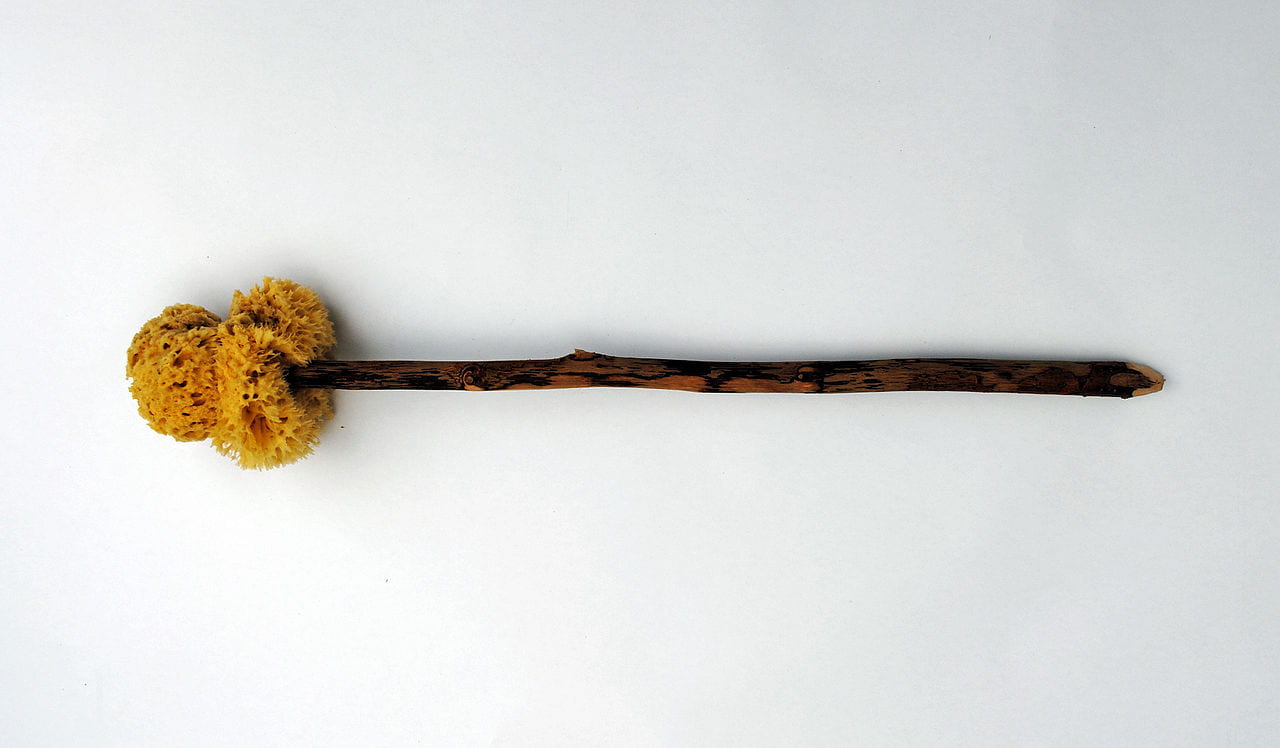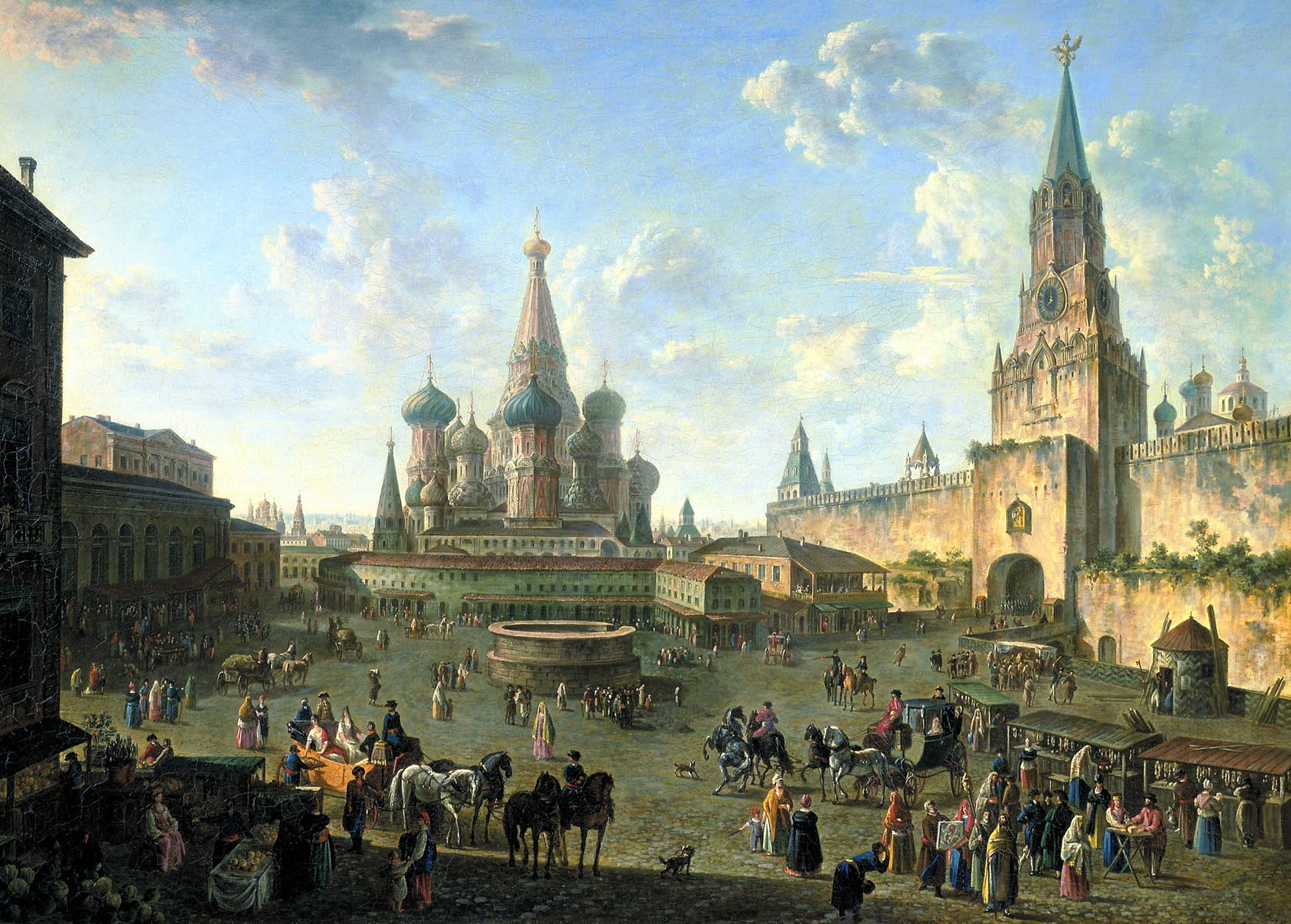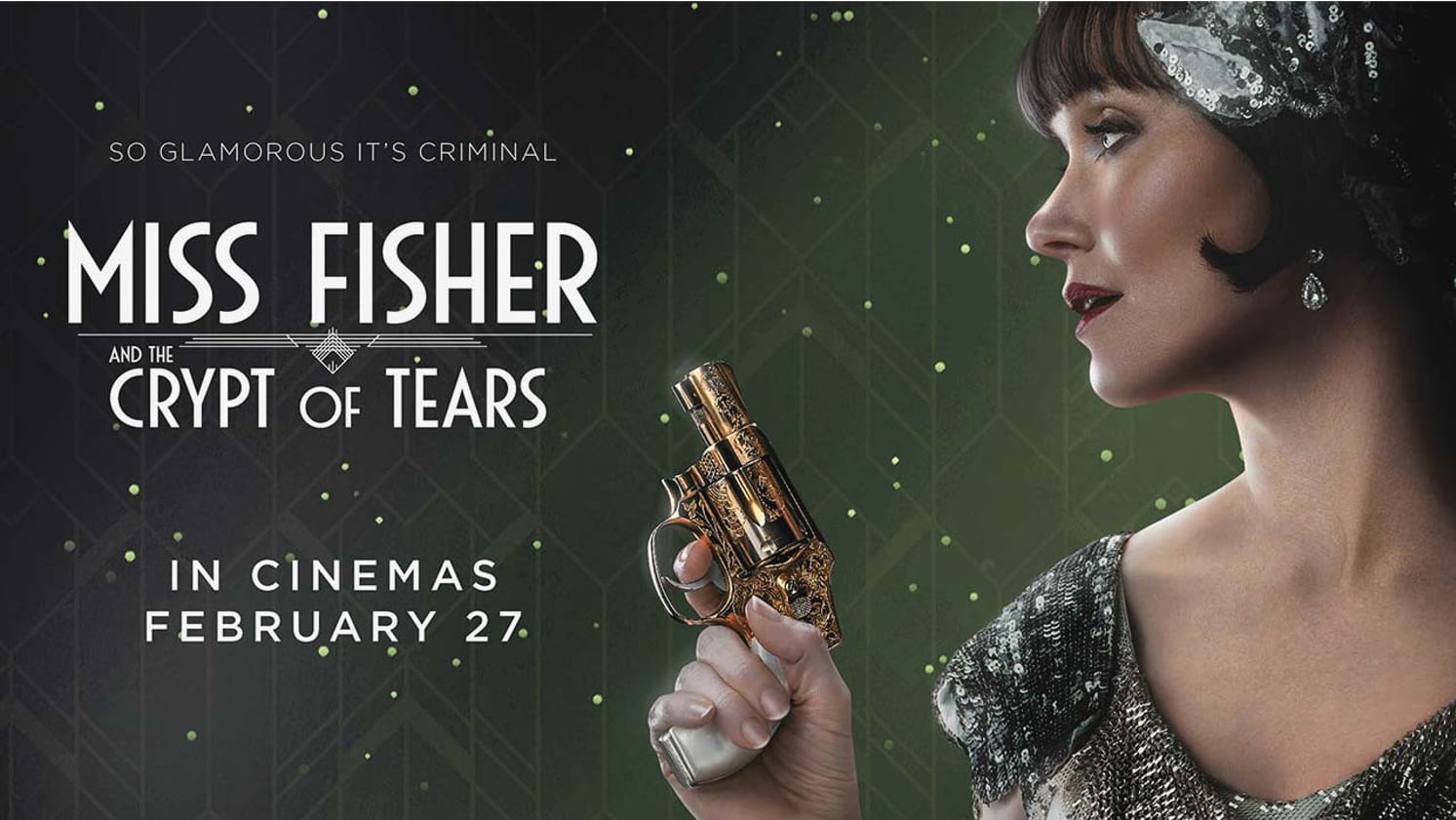
SHAPS in the News: A Digest of Recent Media Commentary by Our Staff & Students
The need for expert knowledge and analysis has been brought into sharp relief as we struggle to understand and respond to the COVID-19 emergency. In this digest, we bring together samples of commentary produced by SHAPS staff and students, and media coverage of our research, in recent months.
Melbourne History Workshop’s (led by Professor Andrew May) Journal of the Plague Year: An Archive of COVID-19 – a collaborative project with Arizona State University, aimed at creating a live digital archive of people’s experiences of the pandemic – was discussed in the New York Times and on ABC Radio National.
Early modernists Dr Catherine Kovesi (Senior Lecturer in History) and Dr Jenny Spinks (Hansen Senior Lecturer in History) were interviewed in the Age about how epidemics have influenced artists throughout history, including during the Black Death in fourteenth-century Europe. The latter is a topic that Catherine Kovesi has taught at the undergraduate level for two decades now, and she reflected on this experience, and on teaching this history in light of the present crisis, in an article for the Australasian Centre for Italian Studies blog.
At the peak of the panic-buying crisis, Professor Tim Parkin (Elizabeth and James Tatoulis Chair of Classics) discussed the history of toilet paper and its alternatives, in a recent ABC Ballarat story. Tim explains here how ancient Romans approached wiping their bums with a sponge on a stick (a Xylospongium) and how one German-born gladiator used this implement to commit suicide.

Prof. Emeritus Stuart Macintyre‘s 2015 book Australia’s Boldest Experiment: War and Reconstruction in the 1940s was cited in a Guardian op-ed by Jim Chalmers. Chalmers called the book a “masterpiece” providing useful parallels and models for us to think about in the current crisis.
Professor Joy Damousi looks back on the history of pandemics in the first episode of a new online series from The University of Melbourne.
In an article for the Age, Dr Carla Pascoe Leahy (History) reflected on parenting during the pandemic, and looked ahead to how today’s children will remember living through this historic moment.
Prof. Mike Arnold‘s “Death in a Time of Corona” project was also picked up by a major US funeral industry news outlet.
History PhD candidate Mary Sheehan is writing her thesis on the history of the post-World War I ‘Spanish’ influenza outbreak in Australia, and her expertise on this topic has been much in demand in recent weeks. Her research has featured recently in the Age, Sydney’s Daily Telegraph (subscriber-only), the Albury Border Mail (subscriber-only), and in a story on her own blog, reprinted here on Forum. Mary was also interviewed live by Libbi Gorr for ABC Radio’s Weekends.
Ravando Lie, another History PhD candidate, whose work focuses on Chinese-Indonesian society in the Dutch East Indies, has also reflected on the 1919 pandemic. In the University’s Indonesia at Melbourne blog, he discusses what lessons have or haven’t been learned in Indonesia from the pandemic a century ago.
Dang Nguyen, PhD candidate in History and Philosophy of Science and currently a Yale Fox International Fellow, published an article with YaleGlobal Online about her work on responses to the pandemic in Southeast Asia, including non-biomedical practices in which the traditional medicines and the internet are brought together in new ways.
PhD candidate Donna Storey (Classics & Archaeology) was caught up in the Italian COVID-19 outbreak, during a recent research trip to Rome. She reflects on this experience in a blogpost for the Australasian Centre for Italian Studies.

SHAPS scholars also discussed a range of non-COVID-19-related topics.
Professor Mark Edele (History) was interviewed on the recent anniversary of the Chernobyl disaster.
Dr Julie Fedor (Senior Lecturer in History) along with other scholars on ABC Radio National’s Lost and Found explored the historical palimpsest created by the changing face of Moscow’s built environment and culture.
Dr Una McIlvenna commented for the ABC on how the etiquette of correspondence has been changing since the advent of the email.
Dr Fallon Mody (History & Philosophy of Science) contributed two articles to Melbourne newspapers, Yarra Valley Leader* and the print edition of the Herald Sun, about her work on migrant doctors, particularly Dr Arthur Deery, about whom she also spoke at the 2019 Greg Dening Lecture. Fallon also presented on the topic at the Healesville Historical Society.
Outside the newspaper and radio, SHAPS staff also contribute to TV and movies! Classics Senior Lecturer Dr K.O. Chong-Gossard acted as a consultant on the newly released Australian film, Miss Fisher and the Crypt of Tears, which continues the story from the Miss Fisher’s Murder Mysteries TV series. SPOILER ALERT! K.O. composed an inscription in Ancient Greek that replicates the alphabet used in Greek inscriptions in the third century BCE and also coached cast members on how to pronounce the Greek for ‘Crypt of Tears’ (tumbos dakruōn). Released just before cinemas closed due to the COVID-19 lockdowns, the movie can now be streamed on a number of services: see the Screen Australia website for details.


Dr Brent Davis (Lecturer in Archaeology) will feature in a forthcoming episode of the podcast “There Will be a Test“, which puts academics and comedians in conversation with one another (his episode will be published on 18 May 2020).
A/Prof Andrew Jamieson (Classics & Archaeology) and Dr Elena Balcaite (a recent PhD in History) were among three winners of the 2019 Faculty of Arts Teaching Excellence Awards. Extended interviews with each of them can be accessed through This Teaching Life, a fantastic new Faculty of Arts podcast series developed by the Arts Teaching Innovation team.
Finally, you can read recent contributions to the Australian Book Review‘s April 2020 issue, in which History PhD Candidate Samuel Watts reviews Nicholas Buccola’s The Fire Is Upon Us (subscriber-only) a joint intellectual biography of William F. Buckley, Jr. and James Baldwin, praising its frank portrayal of the civil rights movement and the troubling origins of modern American conservatism; and Mark Edele reviews Benjamin Tromly’s new book (subscriber-only) on Russian exiles during the Cold War and their interactions with the CIA.
Feature image: The citizens of Toumai bury their dead during the Black Death. Miniature by Pierart dou Tielt illustrating the Tractatus quartus by Gilles li Muisit, 1349–1352. Bibliothèque royale de Belgique, ms. 13076–13077 via Belgian Art Links & Tools and Wikimedia Commons